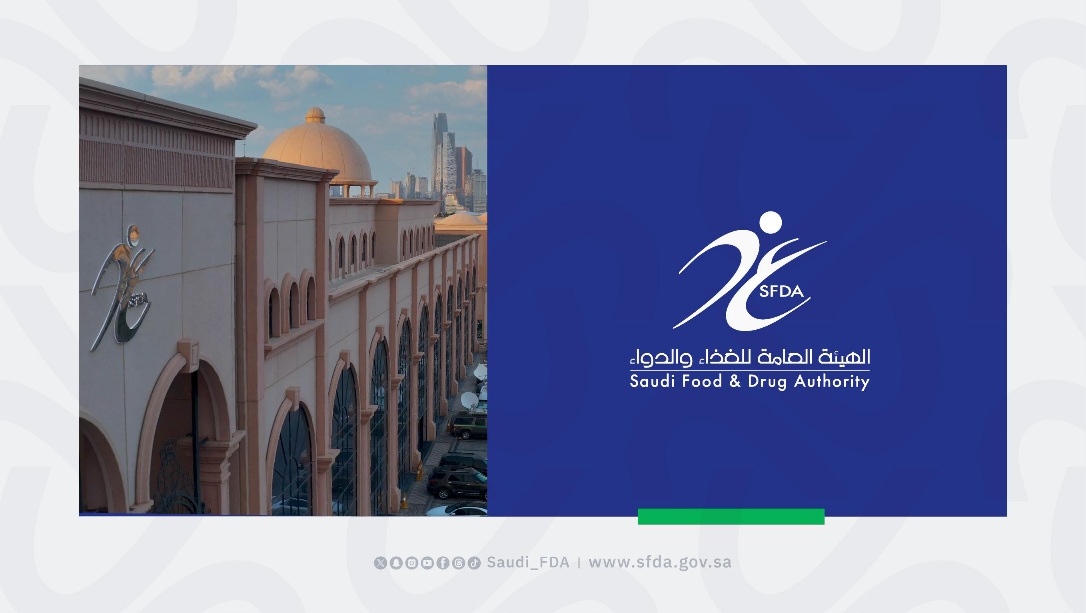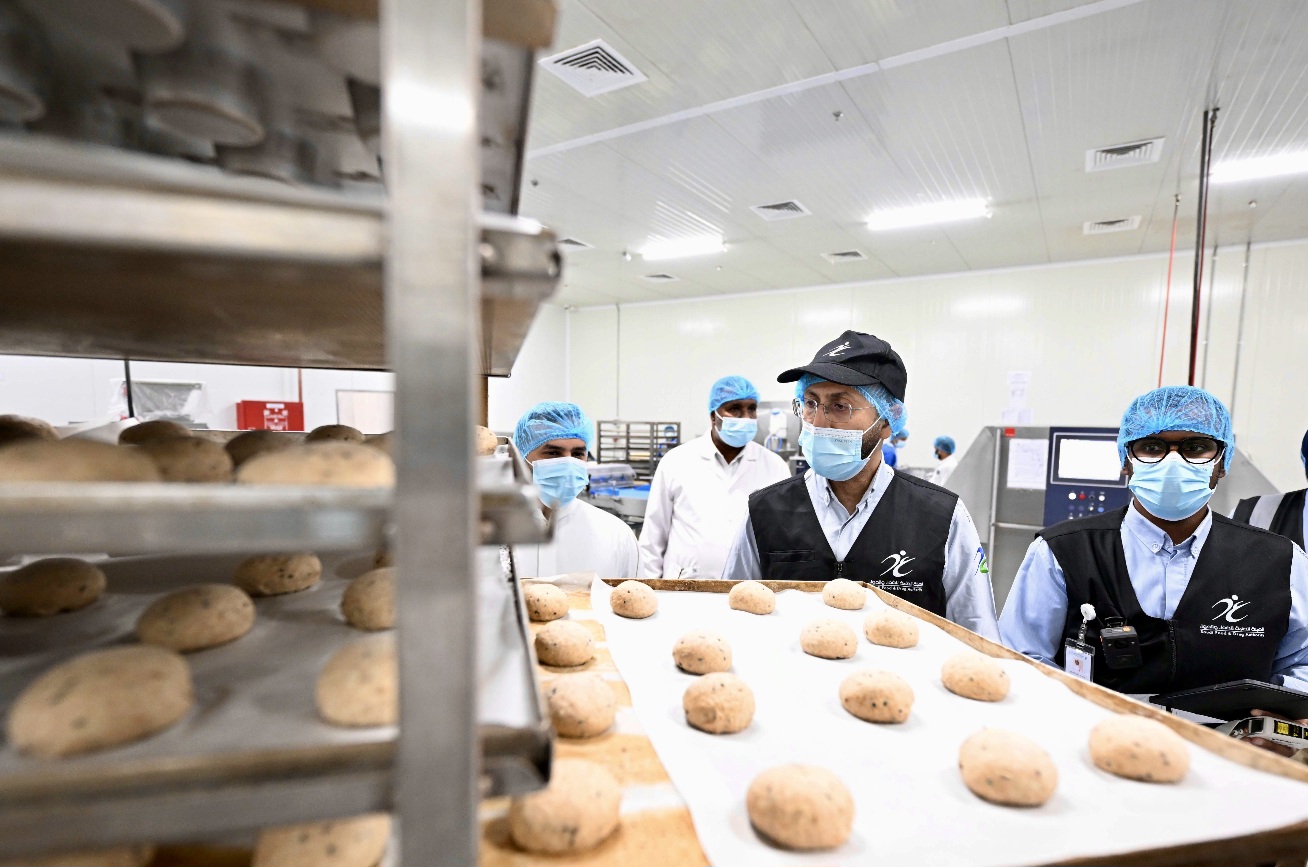SFDA: Aluminum Foil is intended for food packing and preservation, not to be exposed to flame
2022-12-29
While the number of people wishing to go out and eat or cook outside home is increasing, some people practice wrong behaviors that may affect food safety. A number of important guidelines are being recommended to be followed to protect against food contamination and risks of diseases caused by contamination.
Using aluminum foils “tin foil” in cooking, heating or exposing food to direct flame or using the same at high temperatures inside oven is one of the key wrong behaviors. Saudi Food and Drug Authority “SFDA” cautions against these practices as they may contaminate food as a result of using the same for other than the intended purposes, as aluminum foils are intended for packing food at room temperature and refrigerator to be protected against dehydration, flavor loss or having unpleasant odors.
Moreover, tin foil protects food from exposure to the light which affects some food containing fats such as chocolate and some desserts. Tin foil is not recommended to be used in preservation of acidic or highly salty foods.
Key tips on food safety outside home include separating raw food (meat and chicken) from ready-to-use food, washing hands with soap thoroughly for 20 seconds before and after handling food to get rid of the contaminants such as dust and bacteria, in addition to making sure that the plastic utensils are valid for preserving food by having the designated label. Further, all wastes should be kept in appropriate place away from food and utensils used during picnics in order to avoid any contamination or poisoning and ready-to-eat food should not be placed in the utensils used in its preparation (e.g. putting the grilled chicken back in the preparation pot) to avoid cross-contamination which occurs when harmful bacteria are transmitted between food through utensils, hands or a cutting board.
Moreover, it is advised to keep meat and chicken in a cooler box to avoid food spoilage, in addition to making sure to keep the hot food near a heat source and cold food in a cooler box, given that bacteria do not grow in a temperature above 60°C or under 4°C.
In order to enjoy a safe barbecue meal, SFDA calls for following a number of steps in dealing with this way of cooking food. If the meat to be barbecued is frozen, it should be defrosted completely before grilling to be cooked well completely. When moving food from a place to another, it must be kept at 4°C to minimize the growth of bacteria. In order to complete the grilling of (steaks, slices and ribs of meat and chicken), they must be kept at a temperature not less than 60°C to be edible. When serving grilled food and upon removing from the grill, it should be placed in clean dishes, and food should not be left in normal weather for more than an hour, taking into consideration that the well-cooked meat should be placed on the edge of the grill net, not on the burning coals directly to avoid being burned.
Other healthy alternatives to salt can also be used to boost flavors such as cardamom, black pepper, garlic powder, onion powder, ginger, cinnamon, lemon juice and vinegar.





